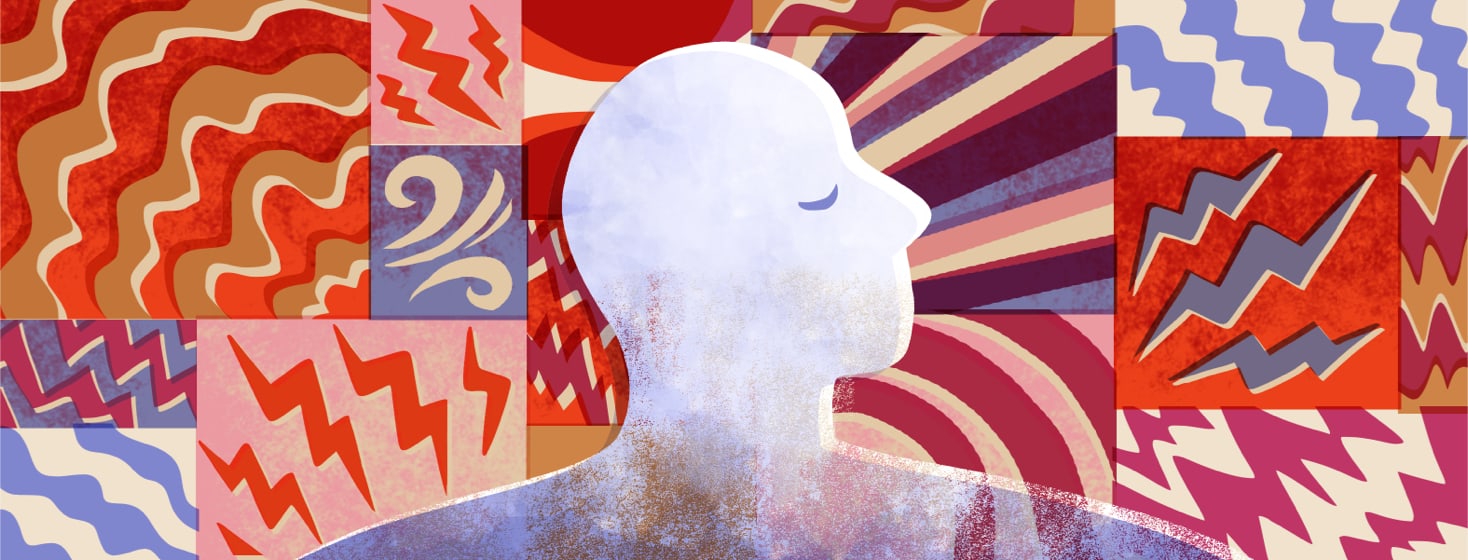Recognizing the Symptoms of Heart Failure: A Comprehensive Guide
Reviewed by: HU Medical Review Board | Last reviewed: July 2024 | Last updated: October 2025
During heart failure (HF), the heart struggles to pump blood effectively. In early stages of HF, you might not notice any symptoms. But as HF progresses, the symptoms can get worse. Most people experience HF symptoms when they are physically active. In more severe cases of HF, symptoms might appear even when resting.1
Some common symptoms of HF are:1,2
- Chest pain
- Fatigue, or getting tired easily
- Shortness of breath
- Fast or irregular heartbeat
- Feeling dizzy
- Dry cough
What causes HF symptoms?
In general, the symptoms of HF are caused by:1,2
- Blocked blood vessels – Blood vessels supply blood to the heart and the rest of the body. In people with HF, some blood vessels might become too narrow, making it harder for blood to flow.
- Poor blood circulation – In HF, the heart is not able to pump oxygen-containing blood to all parts of the body. Symptoms might be caused by certain organs or parts of the body not receiving enough blood.
- Fluid buildup – Because of poor circulation of blood, fluid from the blood can start to collect in the nearby tissue.
Along with the common symptoms listed above, these disruptions in heart function can lead to several less common HF symptoms too.
Symptoms caused by blocked blood vessels
It may be surprising to learn that HF can cause different types of pain. Pain is often related to blood vessels that block blood flow. Chest pain is a common symptom of HF.3-5
But many people with HF, especially women, may not experience chest pain. Instead, they may experience other types of pain or less common symptoms such as:3-5
- Pain in the neck, jaw, shoulders, or belly
- Pain in the arms
- Pain in the calves during walking, running, or exercising
- Heartburn, or a burning feeling in the chest
- Feeling of pressure or tightness in the chest
- Nausea
Symptoms caused by poor blood circulation
In people with HF, some organs or parts of the body may not get enough blood. This can cause symptoms like:2,4,6
- Cold hands and feet – If your hands and feet are not getting enough blood, they may feel cold.
- Reduced kidney function – When your kidneys do not receive enough blood and oxygen, they cannot remove waste from the bloodstream. Fluid and sodium can start to collect in your body.
- How often you pee – HF might make you pee less often because your kidneys are not working as well due to reduced blood flow. Some people might have to pee more often during the night, as this is when blood flow to the kidneys may increase.
- Weight loss – Sometimes, swelling in your digestive system makes you unable to absorb nutrients and even medicines. This can make you nauseous and lose your appetite, eventually leading to weight loss.
- Dizziness, confusion, fainting – These symptoms can occur when the brain is not receiving enough oxygen-rich blood.
- Trouble getting an erection – People with a penis might have trouble getting an erection (erectile dysfunction) because of low blood flow to the genitals.
Symptoms caused by fluid buildup
When the heart struggles to pump blood, fluid can start to build up in different parts of the body. This can lead to symptoms such as:2,4,6
- Swelling (edema) – You might notice swelling in your arms, legs, feet, or ankles. The veins in your neck may also become swollen.
- Swollen belly – Fluid can collect in certain organs in the abdomen and cause swelling.
- Nausea – Fluid buildup in the stomach can lead to not feeling hungry or feeling like you need to vomit.
- Fluid in the lungs – Fluid can start to collect in the lungs. This can lead to dangerous complications.
- Difficulty breathing – As the lungs fill with fluid, it can become harder to breathe. Shortness of breath when you are active is common. People with more severe HF may have trouble breathing even when they are at rest, lying down, or sleeping.
- Wet cough – Buildup of fluid in lungs can also lead to a cough with phlegm.
- Poor sleep – Breathing difficulties or other HF symptoms can make it harder to get good sleep.
- Weight gain – Fluid buildup in the body can result in weight gain that happens very quickly.
If you experience any of these symptoms, talk to your doctor as soon as possible. Treatments are available that can manage symptoms and help stop HF from getting worse.1,6

Join the conversation